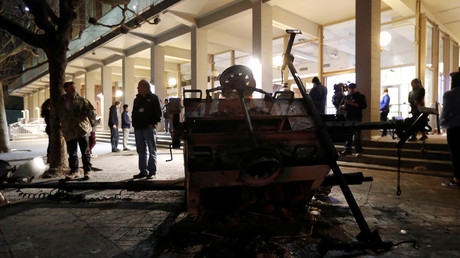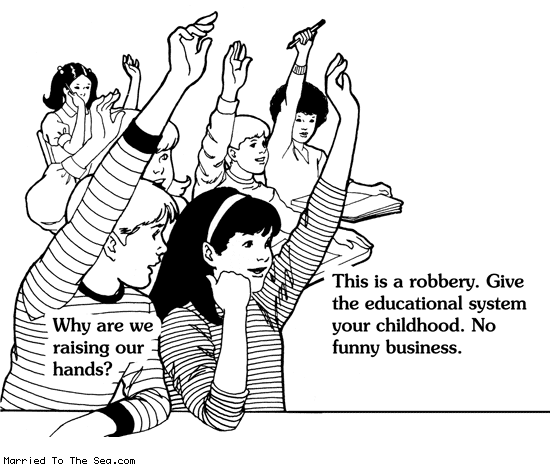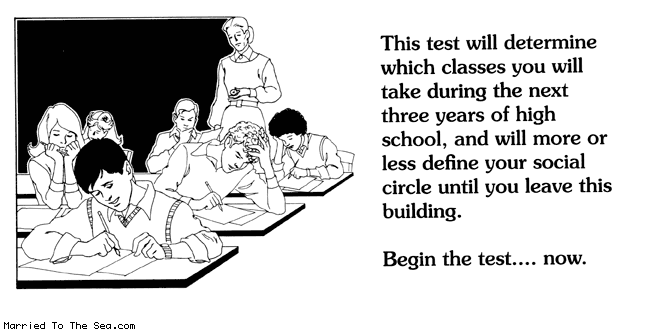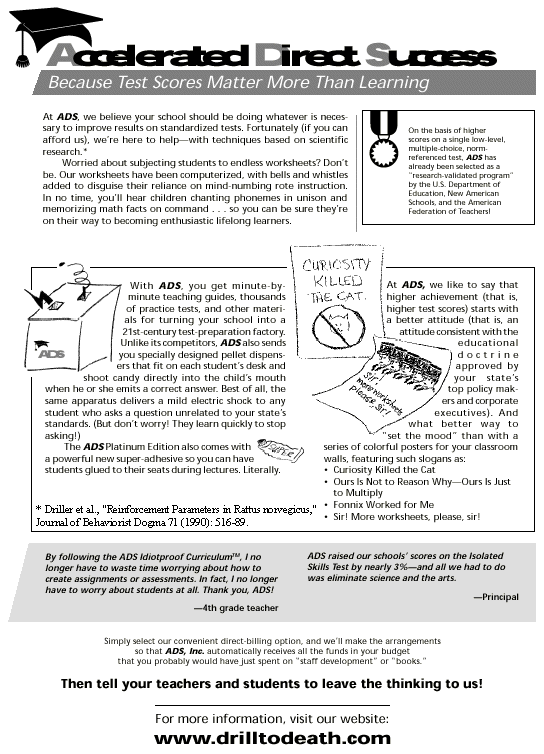Commentary:
When college students are afraid to speak up
Stephen CarterBloomberg View
Survey shows about half of college students are afraid to speak up when their peers disagree with them
Maybe I'm a mite overconcerned about the findings of the just-released survey by McLaughlin & Associates about the attitudes of college students toward free speech. The survey, conducted during September on behalf of Yale University's William F. Buckley Jr. Program, found some disturbing responses on basic questions about just how free students think their own campus speech is.
Before I begin, a word of caution. Young people nowadays are notoriously difficult to sample. The survey was conducted online, and the data were stratified "to reflect the actual demographic composition of undergraduate students in the United States," as reported by the federal government. But this adjustment cannot account fully for selection bias. Nevertheless, the report brings not entirely happy news for those who care about the quality of campus debate.
I'll start with the good stuff. Most students surveyed (73 percent) don't want to scrap the First Amendment. True, a depressing 30 percent of self-described liberals think it's time to rewrite the amendment's guarantee of free speech. But I suspect the Constitution will survive their displeasure.
Second, only 10 percent think that their colleges should go further in regulating speech, although there the question seems to me fairly loaded, I assume unintentionally, against regulation. (And I say this as one who thinks regulation of speech on campus, however well-intentioned, is a terrible thing, bound to end in disaster.) In addition, only 16 percent of students say debate should be more restricted at the college level than in the society at large. Some 38 percent say debate should be less limited, and 43 percent say there should be no difference.
The third happy result is that overwhelming majorities reported that their own professors tolerate diverse opinions in the classroom. In fact, the figure was over 80 percent in every demographic group except part-time students, and even there the figure was 72 percent.
From there, however, things get worse.
The survey asked whether students felt intimidated about sharing their own views because they differed from either the views of their professors or the views of their classmates. On both questions, respondents split almost evenly. That roughly half of students feel that professors sometimes don't welcome their dissent is unwelcome news. But we learn more if we probe the data more deeply. Republicans were slightly more likely than Democrats to have experienced classroom intimidation, and men were slightly more likely than women. The outlier group, by a significant margin, is Hispanic students, of whom some 56 percent report feeling intimidated, compared with 49 percent of black students and 45 percent of white students.
Recent research has indicated that peers play a more important role than professors in pressuring college students to change their views. So when the survey moves from intimidation in the classroom to intimidation by peers, we should see a shift. And we do. For example, there is suddenly a significant difference between reports of intimidation by students aged 22 and under (53 percent) as against older students (48 percent) — a distinction that might have more to do with maturity than politics. Interestingly, we also learn that although 54 percent of students at four-year colleges report peer intimidation, the figure at two-year colleges is only 42 percent.
More intriguing still is that students who self-identify as political independents are significantly less likely than those who self-identify as Republicans or Democrats to report intimidation by either professors or peers. Put otherwise, independents seem willing to speak up and take the flak. This phenomenon seems to me to have a common sense explanation. A highly partisan student is more likely to spend large amounts of time in the company of other highly partisan students — and partisans, especially nowadays, don't like to be disagreed with. Indeed, suppressing one's own urge to dissent is part of how one signals membership in a group. In other words, what might be causing Democrats and Republicans to feel intimidated is their tendency to hang around with fellow Democrats and Republicans.
Still, the intimidation findings are depressing. Essentially half of college students say they are afraid to speak up when their peers disagree with them. This may be a sign that young people are in some fundamental sense weaker than earlier generations, but we can't tell, because we have no reliable survey data from, say, 40 years ago. Or perhaps it's a sign that critics are correct, and things have changed fundamentally on campus.
The survey's most counterintuitive finding might be that although a plurality of students (37 percent) thinks their school is more tolerant of liberal than conservative beliefs, self-described liberals (at 51 percent) are far more likely than self-described conservatives (at 35 percent) to believe this. Could it really be, despite all the hype about political correctness, that conservatives are less intimidated on campus than liberals?
Maybe this result isn't so surprising. Let's look at two plausible explanations.
First, it may be that students at four-year colleges are more likely than students at two-year colleges to be liberal. Given that the study finds students at two-year colleges report less intimidation overall, the data might actually be picking up the difference in who's enrolled where.
Second, liberal and conservative students are unlikely to be equally represented in all majors or, within a major, in all courses. It's possible, then, that more liberal students self-select into exactly the sort of courses where dissent is less tolerated.
I'm not embracing either explanation. I'm just pointing them out as plausible candidates.
Overall, there's good news and bad. It's refreshing to learn how few students support restrictions on campus speech. At the same time, it's depressing to learn how many don't feel free to speak up when they disagree with faculty or peers. Those of us who dwell in the academy should celebrate the first and do what we can to remedy the second.
Bloomberg View
Stephen Carter is a Bloomberg View columnist and a law professor at Yale.




